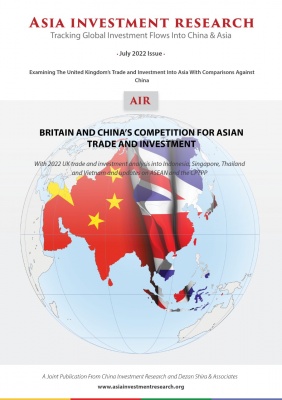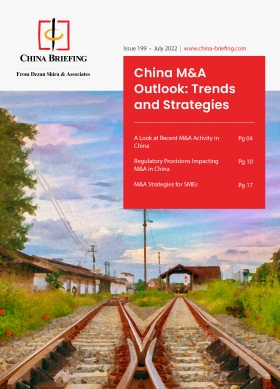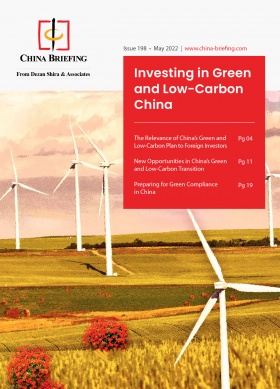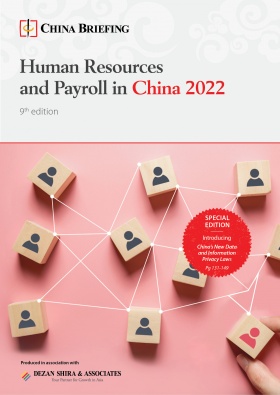10 Things Businesses Need to Know When Setting Up a Company in China and the UK: Episode 2
UK businesses need to access China’s consumer market and China’s financial industry needs British wealth management expertise. Our new series examines mutual investments from both the British and Chinese perspectives, with Part Two concerned with Office Premises requirements.
Despite the political rhetoric, British investment interest in China remains strong, with corporate needs to access a high growth consumer market of what is expected to be a 1 billion middle-class consumer base by 2030 – an overriding sentiment – as European economies look set for a possible recession. Likewise, the UK is an attractive market for Chinese businesses looking to partner with British financial services capabilities, with these both important as Beijing and Hong Kong look to develop their various cross-border wealth connect schemes, offering international wealth management access to the mainland’s estimated US$3 trillion in privately held assets.
This series concentrates on the UK-China business angle. Every week, we will add a new video that answers some of the most frequently asked questions about setting up a company in China and the UK. Each video answers the same issues from both the China and UK perspectives.
Key insights are provided by, Maria Kotova, Head of UK Business Development and China market entry director at Dezan Shira & Associates, and Lisa Gui, Assistant Manager at HW Fisher.
If you have any questions about doing business in China or the UK, reach us at UK.Ireland@dezshira.com
Episode 2: Do we need to have an office to register a company in China and the UK? – Video

In the second video, Maria Kotova and Lisa Gui explain office premises requirements when registering a company in China and the UK.
China
To register a Foreign Invested Enterprise in China, it is a prerequisite to own or lease office premises (as the primary place of business) and registers this with the local AMR in charge. This will mean that companies wishing to set up an office in China must ensure that they meet the required criteria before they can establish themselves legally.
It is often necessary to relocate an office to a new location. Office relocations can be complicated and cause significant delays that may hinder your business. Relocating within a tax district is a relatively simple process, but cross-district relocations are significantly more involved, requiring several months to complete. Where possible, relocation to a new business address should be avoided to prevent the loss of time and money necessarily incurred.
UK
In order to set up a UK company, you will need a UK registered address. The company does not need to trade in the UK, nor the directors have to be based in the UK.
There are several options for setting up the legal address of a company – leasing your own office space, leasing a serviced office or using a professional firm to act as registered offices instead.
See also
10 Things Businesses Need to Know When Setting Up a Company in China and the UK: Episode 1
Britain and China’s Competition for Asian Trade and Investment
 The latest issue of AIR is a unique study into the trade and investment statistics and policies that China and the United Kingdom have chosen to adopt when it comes to their Asia policy. Complimentary download.
The latest issue of AIR is a unique study into the trade and investment statistics and policies that China and the United Kingdom have chosen to adopt when it comes to their Asia policy. Complimentary download.
About Us
China Briefing is written and produced by Dezan Shira & Associates. The practice assists foreign investors into China and has done so since 1992 through offices in Beijing, Tianjin, Dalian, Qingdao, Shanghai, Hangzhou, Ningbo, Suzhou, Guangzhou, Dongguan, Zhongshan, Shenzhen, and Hong Kong. Please contact the firm for assistance in China at uk.ireland@dezshira.com.
Dezan Shira & Associates has offices in Vietnam, Indonesia, Singapore, United States, Germany, Italy, India, and Russia, in addition to our trade research facilities along the Belt & Road Initiative. We also have partner firms assisting foreign investors in The Philippines, Malaysia, Thailand, Bangladesh.
- Previous Article Hiring Foreign Employees in China: A Quick Checklist of Requirements
- Next Article China to Further Extend the Additional VAT Deduction Policy for the Services Industry








